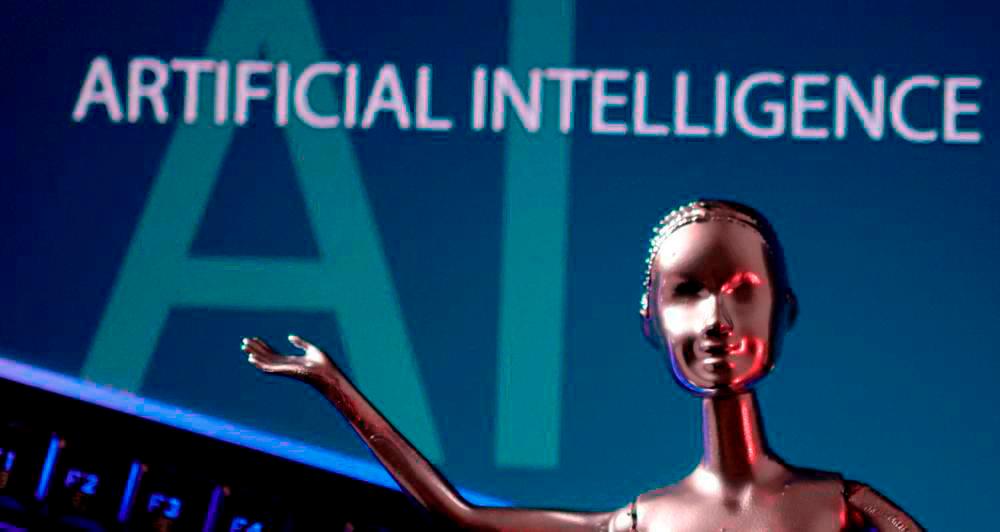PETALING JAYA: The rapid rise of artificial intelligence (AI) is reshaping Malaysia’s workforce, unlocking new opportunities while also posing challenges for employees and businesses alike.
The question is no longer whether AI will transform jobs – it already has – but how Malaysia can ensure its workforce is ready to thrive in this new landscape.
TalentCorp Group CEO Thomas Mathew underscored the urgency of upskilling, stressing that AI is not about wholesale job replacement but job evolution.
“AI is not here to take away jobs, it’s here to redefine them,” he told theSun.
To stay ahead, Mathew said workers must equip themselves with relevant digital skills.
He also highlighted three industries in which AI is making the biggest impact – finance, manufacturing and services.
In these fields, automation and digital tools are transforming conventional jobs.
“In the financial sector, AI is already handling fraud detection, risk assessment and customer service automation.
“Banks and financial institutions are investing in AI-driven chatbots and machine learning-powered risk analysis, reducing reliance on conventional roles,” he said.
Manufacturing – long at the forefront of automation – is also evolving, with AI-driven robotics, enhancing efficiency and precision.
“Predictive maintenance, quality control and smart supply chains are the new reality.
“While manual labour is reduced, we’re seeing rising demand for engineers, data scientists and AI specialists,” he added.
In the services sector, AI is reshaping customer interactions, retail experiences and even healthcare.
“From virtual assistants to AI-assisted medical diagnostics, the transformation is undeniable.
“AI helps with early disease detection, but human doctors still interpret results and make the final call,” he said.
Malaysia’s trajectory mirrors global AI trends, with the World Economic Forum predicting that AI will displace 85 million jobs worldwide by this year, while simultaneously creating 97 million new roles.
Mathew emphasised that Malaysia is no exception.
“If we don’t embrace AI upskilling and reskilling now, our workforce risks falling behind.”
A recent report by the Statistics Department supports this, revealing a surge in demand for tech-centric roles such as data analysts, AI specialists, cybersecurity experts and digital marketers.
“Yes, certain traditional jobs may fade, but the future belongs to those willing to learn and adapt.
“The workforce must evolve alongside AI, not be left behind by it,” he said.
However, a significant obstacle remains – the digital divide.
Many workers, particularly in rural areas, still lack access to quality AI-related training and education.
“The key challenge is ensuring that upskilling opportunities are available to all Malaysians, not just those in urban centres,” Mathew said.
This is where collaboration between government, industry and educational institutions is essential.
He said bridging this gap requires a collective effort to make AI education more accessible and inclusive.
TalentCorp has been working proactively to future-proof Malaysia’s workforce, advocating continuous learning and skills development.
“But businesses must also step up, investing in their employees to ensure they aren’t left behind in the AI revolution. The responsibility doesn’t rest solely on the government.
“Employers must invest in their people’s growth, fostering a culture of lifelong learning,” he said.
The government has already introduced several initiatives to drive AI literacy, including incentives for businesses that upskill their workforce.
Despite the disruptions AI may bring, Mathew remains optimistic about Malaysia’s ability to navigate the shift successfully.
“Malaysia has a young and dynamic workforce,” he said.
With the right policies and mindset, he believes the country can harness the potential of AI for economic growth and job creation.
He said ultimately, AI should not be viewed as a threat but as a powerful tool to enhance productivity and spark innovation.









